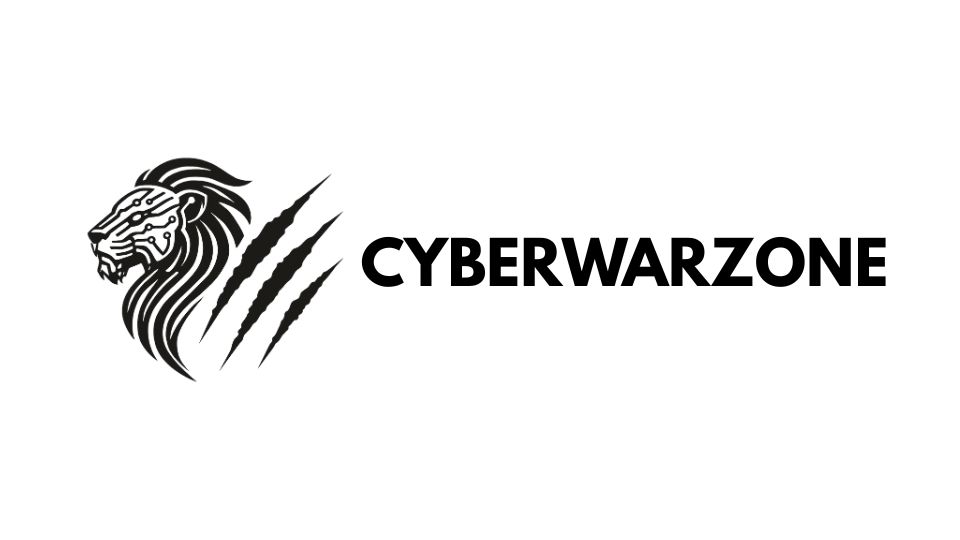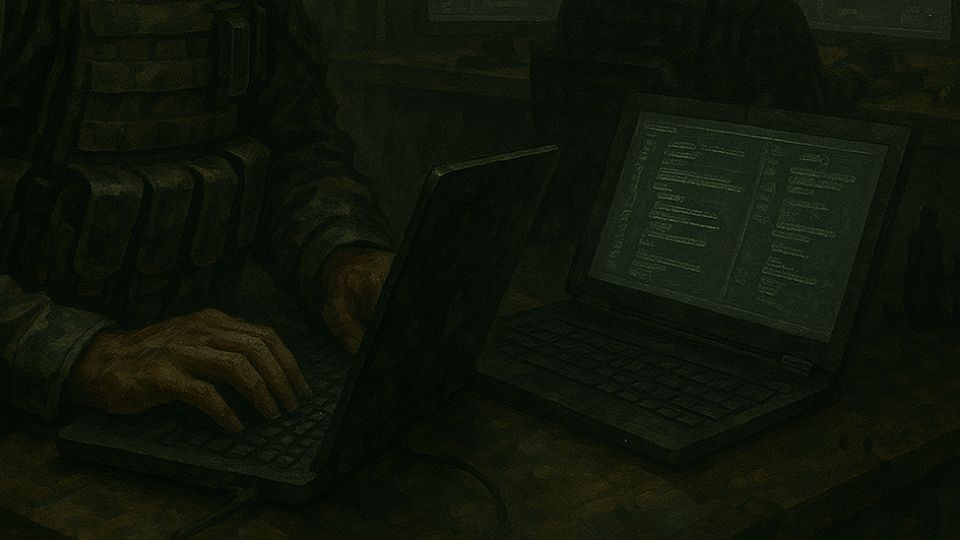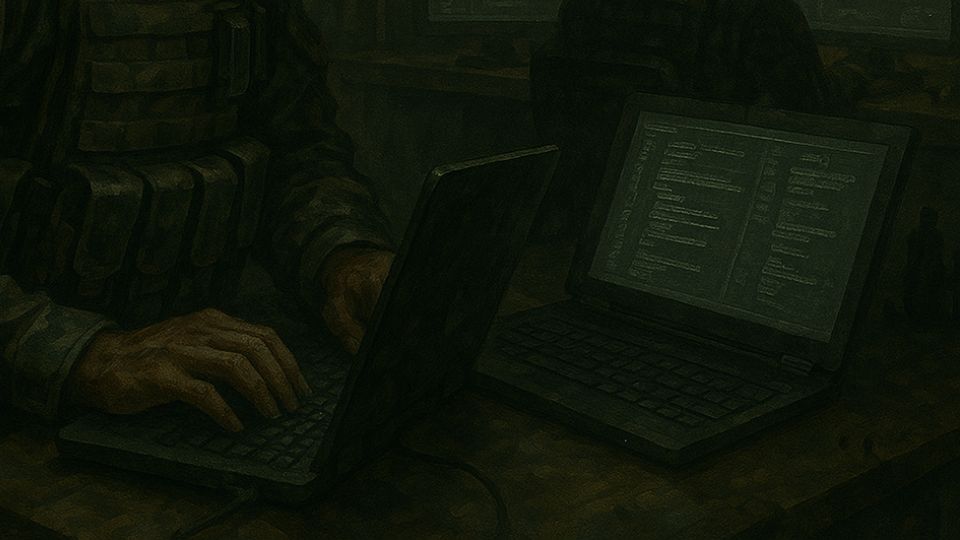Crimson Collective: extortion-focused group surfaces with consulting GitLab claims
Telegram-launched outfit ties itself to a multi-hundred-gigabyte data theft narrative; Red Hat confirms copying from a consulting GitLab system while coordination continues
Crimson Collective is an extortion-focused threat group that surfaced publicly in late September 2025, using a new Telegram channel to claim multi-hundred-gigabyte theft from a Red Hat Consulting GitLab environment; company statements confirm unauthorized access and copying from that consulting system, highlighting potential downstream exposure for organizations named in internal materials.
Profile
Crimson Collective appeared via a branded Telegram channel launched on September 24, 2025, with an early threat-intel brief documenting the channel’s audience growth, posting cadence, and initial “proof” posts built around directory trees and named entities (ZeroFox).
Claimed activity against Red Hat
Red Hat states an unauthorized party accessed a GitLab instance used by its Consulting team and copied data from that environment, while noting no indication of impact to product infrastructure in its public update (Red Hat). The claim set centers on ~570GB of compressed data from more than 28,000 repositories, figures consolidated by industry coverage that collates attacker-posted evidence and company statements (SecurityWeek). Context on scope and company messaging is also captured in our incident reporting at Red Hat confirms Consulting GitLab breach.
Indicators of potential downstream risk
Belgium’s national cybersecurity authority describes high risk for potentially affected entities and reports active use of leaked authentication tokens, framing immediate exposure where consulting materials contained live credentials and system details (CCB Belgium). Trade summaries emphasize Customer Engagement Reports (CERs) as sensitive because these documents can embed architecture diagrams, configuration files, tokens, or database connection strings, a risk angle outlined in technical round-ups (The Register).
Timeline (2025)
| Date | Event |
|---|---|
| Sept 24 | Telegram channel launches with initial audience growth noted in a flash report |
| Oct 1 | Public claims of theft and directory listings referencing named organizations |
| Oct 2–3 | Company update confirms consulting GitLab access and data copying; coordination and remediation described |
| Oct 3–4 | National notice flags high risk and reports token-misuse attempts |
| Additional: ZeroFox; Red Hat; CCB Belgium |
Quantitative snapshot
| Metric | Figure | Context |
|---|---|---|
| Compressed data volume (claimed) | ~570GB | Attacker claim collated in industry coverage |
| Internal repositories (claimed) | >28,000 | Tied to the consulting GitLab environment |
| Government risk posture | High | National notice citing token misuse attempts |
| Additional: SecurityWeek; Red Hat; CCB Belgium |
Tactics and behavior
Open reporting places Crimson Collective in a data-theft and extortion pattern rather than encryption-led operations. Observable elements include a centralized Telegram outlet for claims, emphasis on repository counts and compressed data size, and selective posting of directory trees or small samples to bolster credibility. Coverage highlights the operational sensitivity of CERs, with their mix of architecture diagrams and configuration artifacts, as a recurring focus in write-ups that summarize the group’s narrative and potential impact paths (The Register). Additional: ITPro
Sectors referenced and exposure paths
Round-ups of postings reference banks, telecoms, and public-sector entities within directory lists tied to consulting materials, with sector breadth summarized in trade press while the company’s updates focus on the consulting-scoped GitLab boundary and customer coordination (CyberScoop). For a complementary view of availability-focused pressure and hacktivist signaling in 2025, see how DDoS-centric campaigns are outlined in our Red Wolf profile, which tracks politically motivated disruptions against government and media services.
Communications posture
Public messaging is concise and artifact-led: short posts, directory evidence, and periodic name-checks of large organizations to maximize visibility. The cadence spikes in the first week after the channel launch and then stabilizes as media and government notices consolidate key details, a pattern reflected in trade updates that catalog the post-launch timeline (BleepingComputer).









